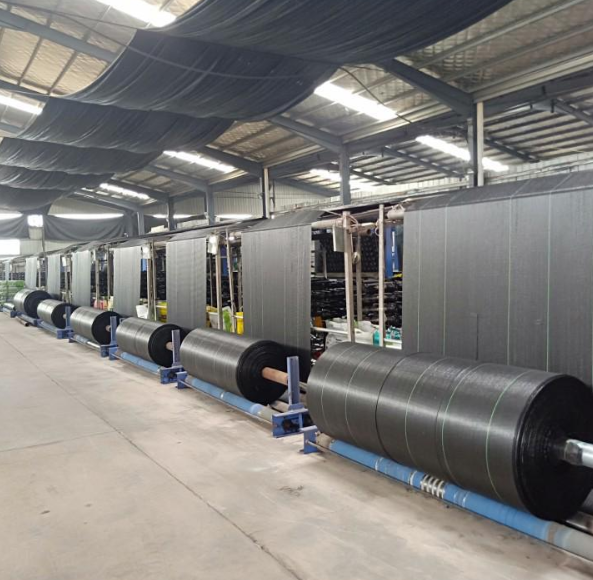Artificial ground cover refers to synthetic materials designed to replicate the appearance and function of natural ground cover plants. It offers a practical solution for landscaping, providing the aesthetic of greenery without the maintenance associated with living plants.
Benefits of Artificial Ground Cover
- Low Maintenance:
- Requires no watering, mowing, or fertilizing, making it ideal for busy homeowners or commercial spaces.
- Durability:
- Made from weather-resistant materials that withstand UV exposure, rain, and temperature fluctuations without fading or deteriorating.
- Consistent Appearance:
- Maintains a lush, green look year-round, regardless of seasonal changes.
- Versatile Applications:
- Suitable for various settings, including residential gardens, commercial properties, patios, and playgrounds.
- Allergen-Free:
- Ideal for individuals with allergies, as it eliminates pollen and other allergens associated with natural plants.
- Easy Installation:
- Typically straightforward to install, often requiring minimal preparation and no soil work.
- Eco-Friendly Options:
- Some artificial ground covers are made from recycled materials, offering a more sustainable choice.
Types of Artificial Ground Cover
- Artificial Grass:
- Mimics natural grass and is available in various textures and colors, perfect for lawns, play areas, and sports fields.
- Moss Mats:
- Faux moss provides a natural look in shaded areas or decorative applications, ideal for creating a serene atmosphere.
- Synthetic Mulch:
- Made from recycled rubber or other materials, this option is often used in gardens and playgrounds, providing a soft surface for walking.
- Ground Cover Mats:
- Pre-made mats can be placed over areas to create an instant ground cover effect, often used in landscaping projects.
- Decorative Gravel or Stone:
- While not a traditional ground cover, decorative stones can provide a clean aesthetic and prevent weed growth.
Considerations
- Initial Investment:
- The upfront cost can be higher compared to natural ground cover options, but the long-term savings in maintenance can offset this.
- Heat Retention:
- Some artificial materials may retain heat, which could be uncomfortable in hot weather.
- Limited Natural Benefits:
- Unlike living plants, artificial ground cover does not improve soil health, support wildlife, or contribute to biodiversity.
Conclusion
Artificial ground cover offers a practical and visually appealing alternative to natural ground cover plants. With a range of options available, it can enhance outdoor spaces while providing low maintenance and durability. Whether for residential, commercial, or recreational use, artificial ground cover is an excellent choice for creating beautiful, functional landscapes.
Post time: Feb-10-2025

